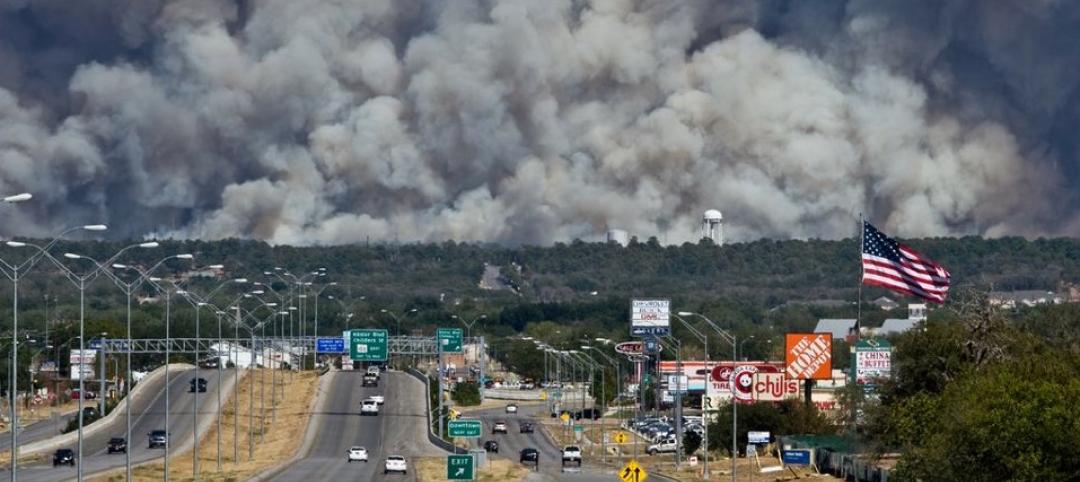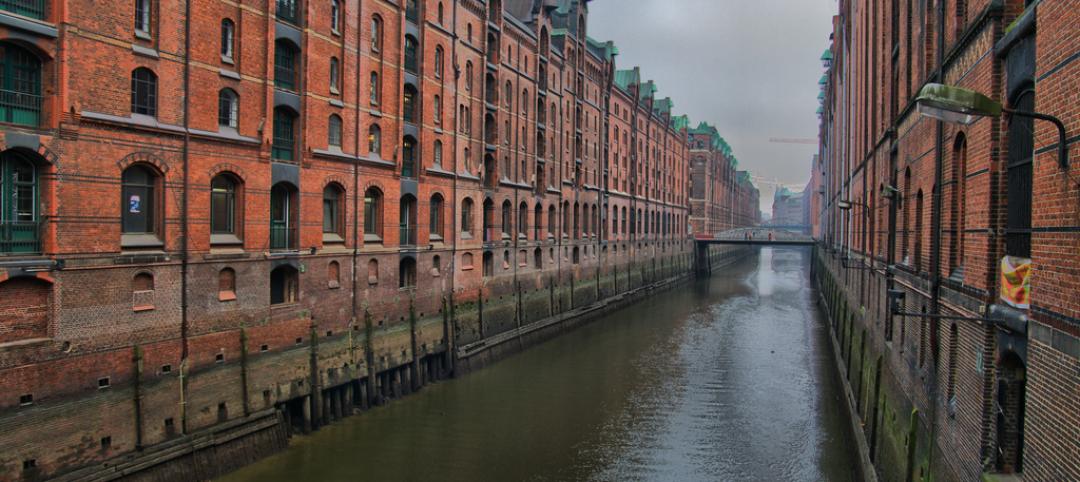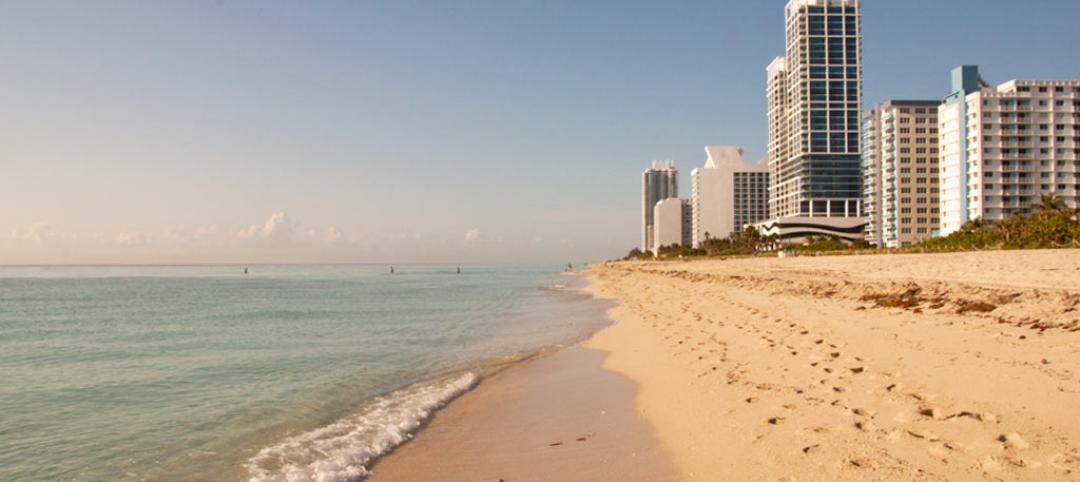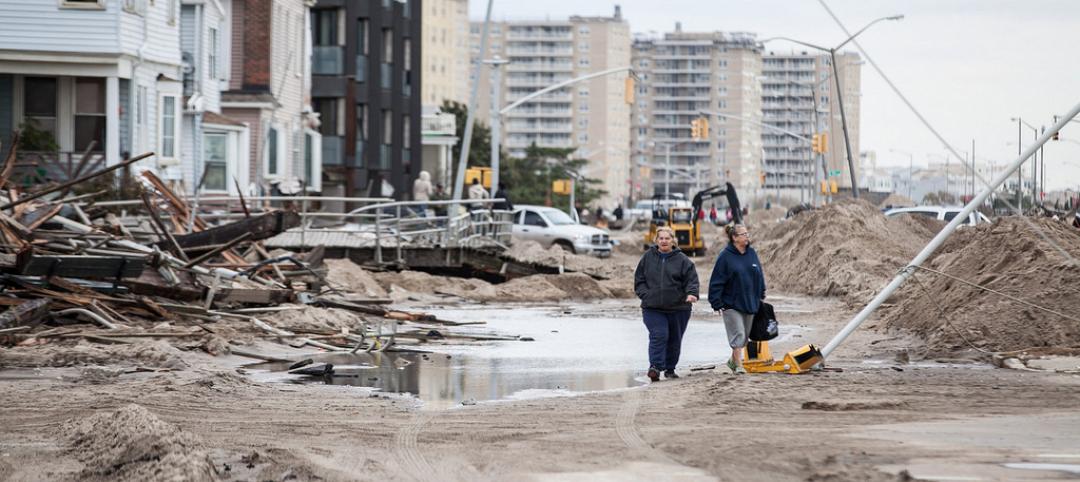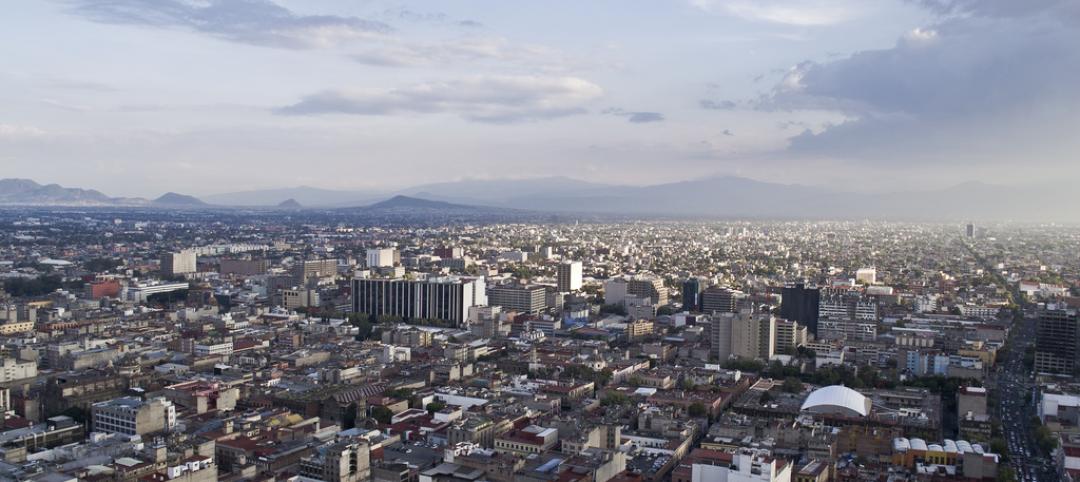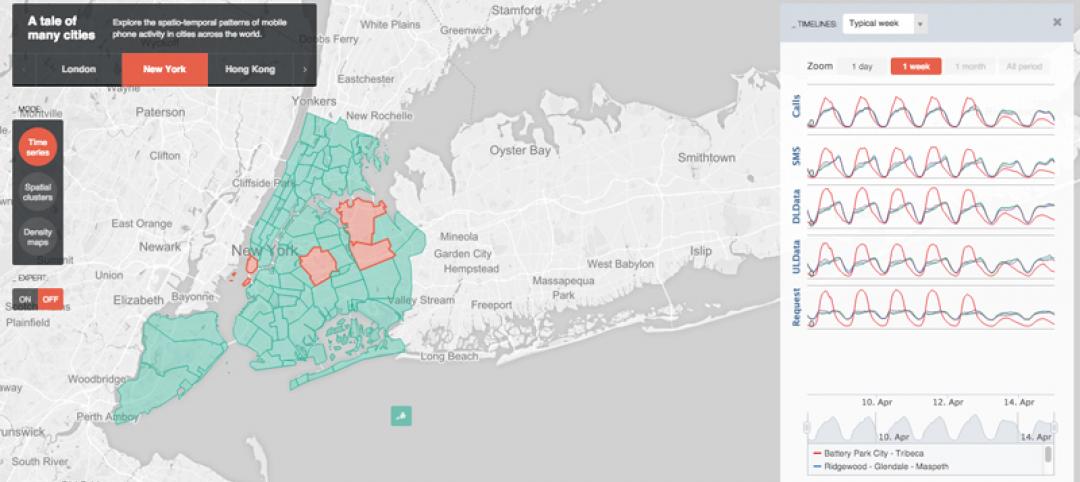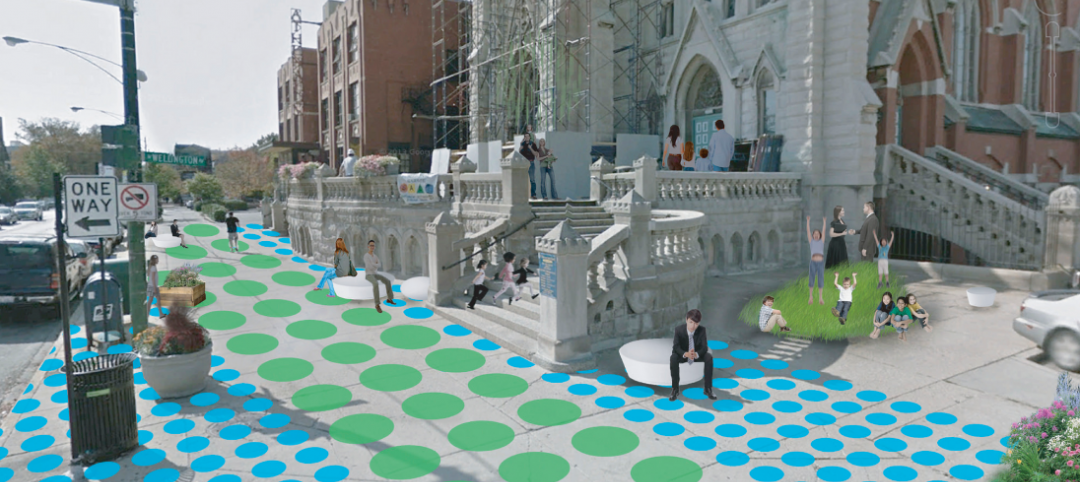The U.S. Dept. of Energy will spend $9 million to encourage investments in energy-saving technologies that can be tested and deployed in offices, shops, restaurants, hospitals, hotels and other types of commercial buildings.
The funding will facilitate the implementation of market-ready solutions across the U.S. to improve commercial building energy efficiency, with a goal of demonstrating 20% savings or more across a variety of approaches, the department says. Examples include:
• Green leases that help building owners and lessees save money.
• Better information for better decisions: Use Department-developed energy modeling software to better identify and predict a building’s energy performance.
• Assist lenders in obtaining better access to data and information resources that demonstrate the cost-effectiveness of investing in energy efficiency projects.
This funding opportunity seeks to support 5-10 projects. Organizations are encouraged to partner on applications to enhance the overall deployment impact through channels, market orientation, and strategic relationships.
The department is interested in proposals that will impact a significant geographic area and commercial buildings market sector, affect a minimum of 100 buildings, achieve at least 20% energy savings over 10 years, train workers, create jobs, and result in programs that will be self-sustaining after the funding period expires.
Related Stories
Smart Buildings | Dec 1, 2015
LEED Steering Committee approves resiliency pilot credits
Three credits address planning, design, and survivability.
Smart Buildings | Nov 30, 2015
New neighborhoods in Hamburg, Germany resilient to flooding, carbon neutral
Mixed-use areas built on brownfields and derelict districts.
Smart Buildings | Nov 13, 2015
Miami Beach making plans to cope with rising sea levels, flooding
The city has turned to sea walls, raised streets, and pumping stations.
Smart Buildings | Nov 11, 2015
No eyes on the road: The impact of driverless vehicles
The idea that space can be repurposed by breaking dependence on the purchase, maintenance, and storage of a big machine is a great boon for the sustainable future of cities, writes SmithGroupJJR's David Varner.
Smart Buildings | Nov 9, 2015
White paper promotes incentives for improved disaster resilience
The white paper makes the case that the most cost-effective manner to achieve resilience is through a holistic and integrated set of public, private, and hybrid programs.
Smart Buildings | Nov 5, 2015
JLL names 10 emerging world cities
Mexico City, Shanghai, Istanbul, and seven other world-class cities have experienced rapid economic growth and real estate development.
Cultural Facilities | Oct 28, 2015
New York City’s underground 'Lowline' green space enters the testing phase
If realized, The Lowline would provide 1.5 acres of green space for the Lower East Side of Manhattan.
Seismic Design | Oct 22, 2015
Taipei 101 tower named 'world's toughest' building by Popular Mechanics
Popular Mechanics named the 10 structures that best withstand floods, winds, storms, and earthquakes.
BIM and Information Technology | Oct 19, 2015
New web tool from MIT organizes human movement in interactive graphs
Users can explore the mobile phone activities in London, New York, Los Angeles, and Hong Kong.
Smart Buildings | Oct 8, 2015
Brookings announces the Bass Initiative on Innovation and Placemaking
The think tank's goal is to stress public spaces, urban economies, and inclusive growth in city building.


